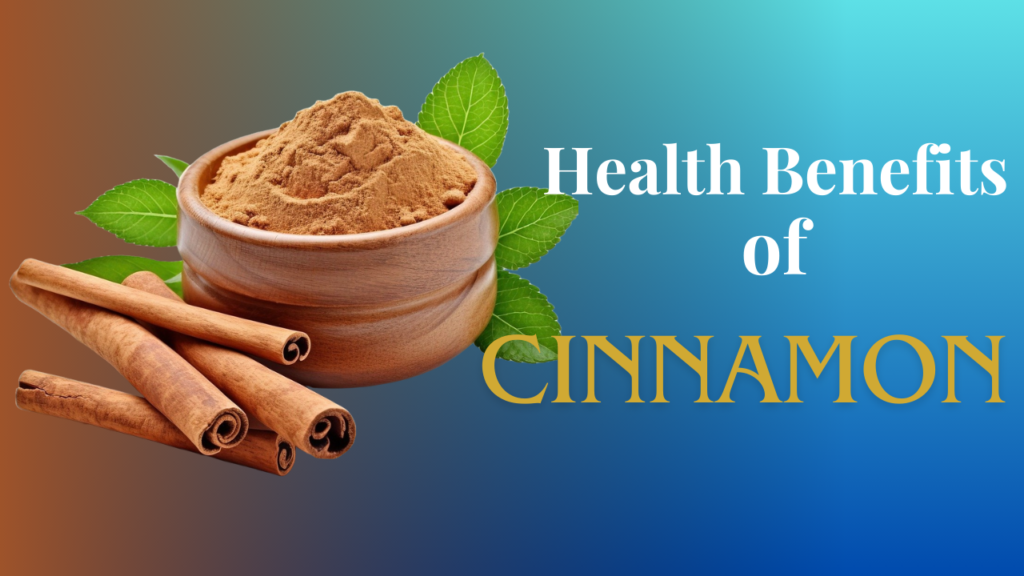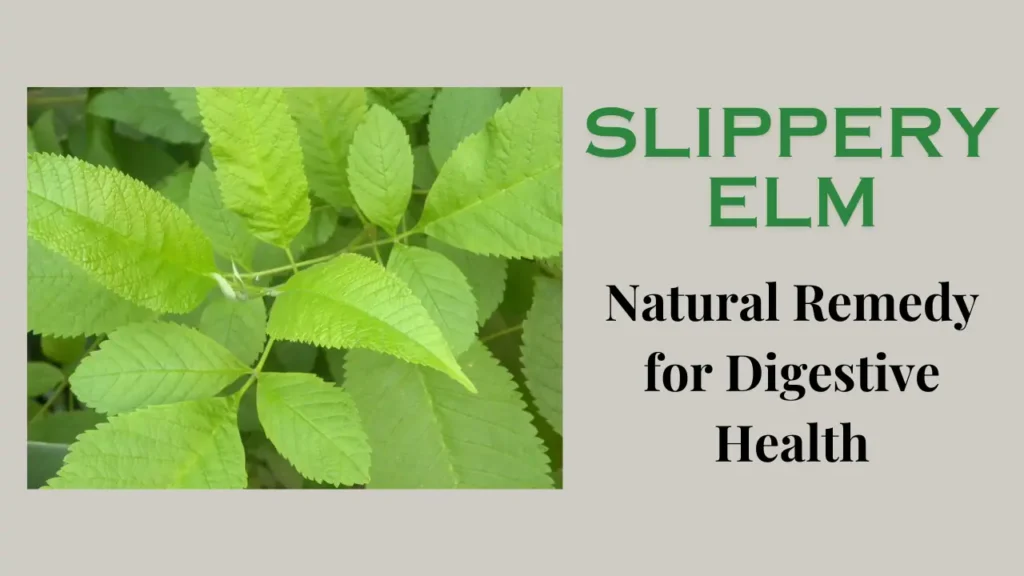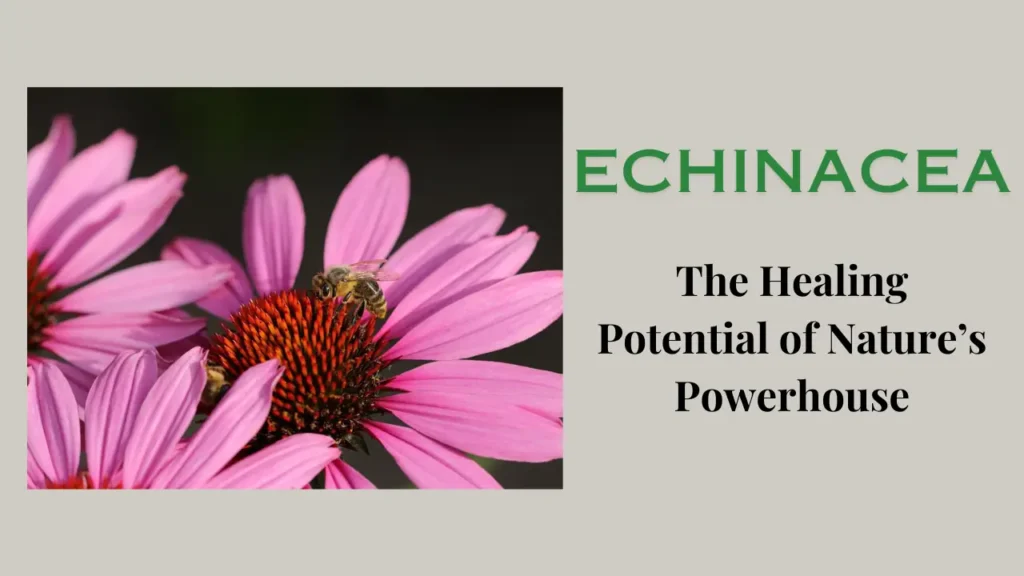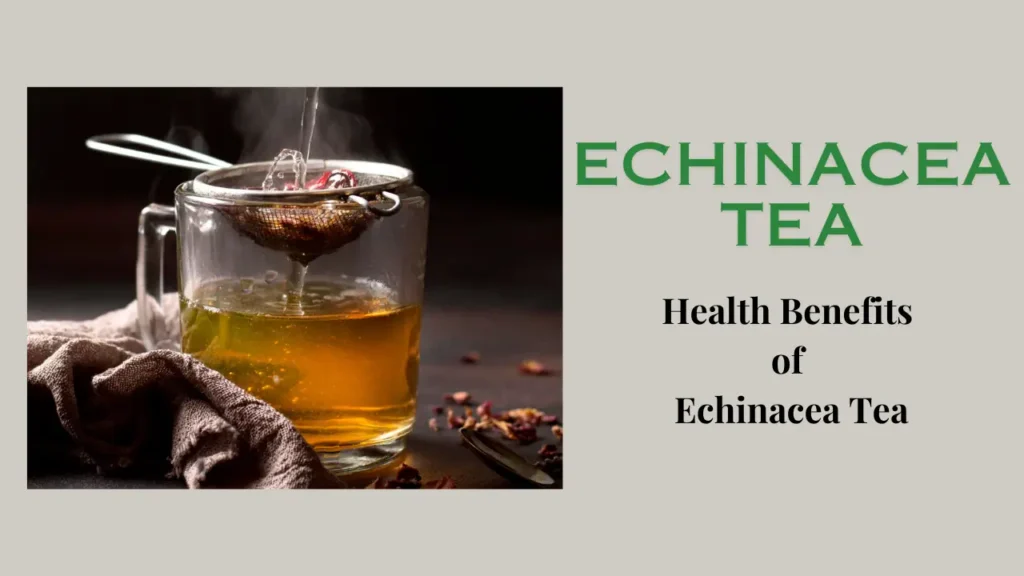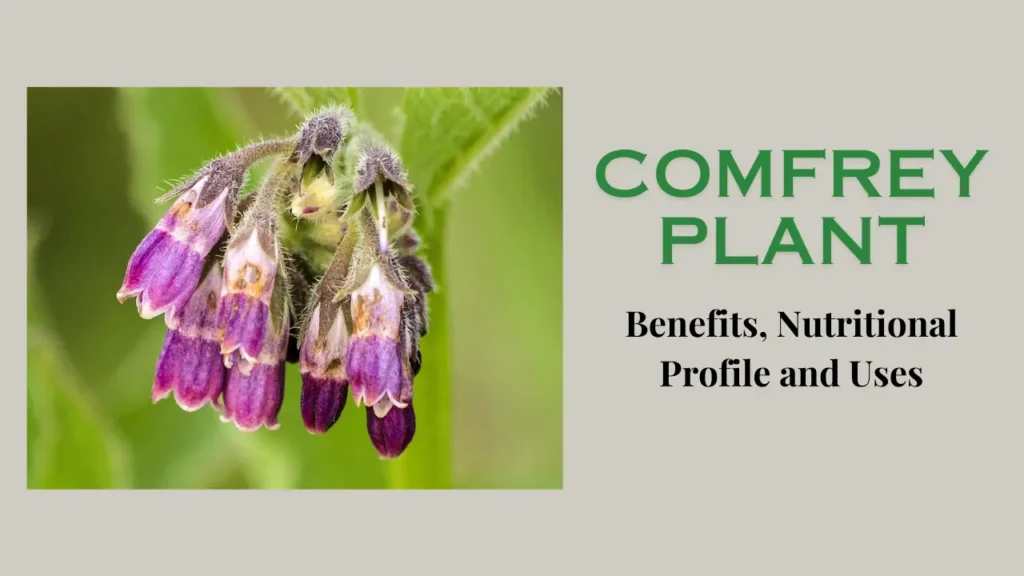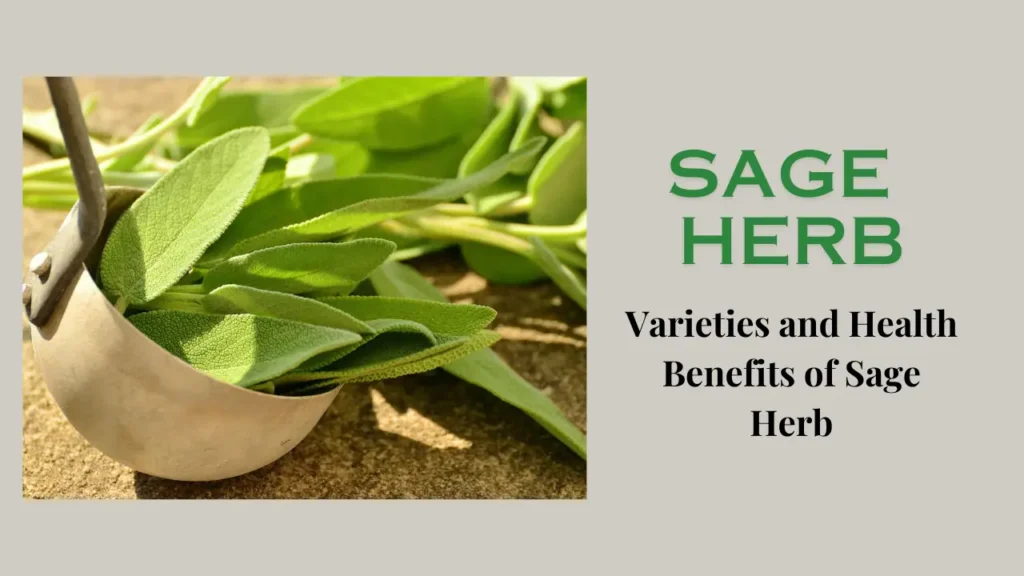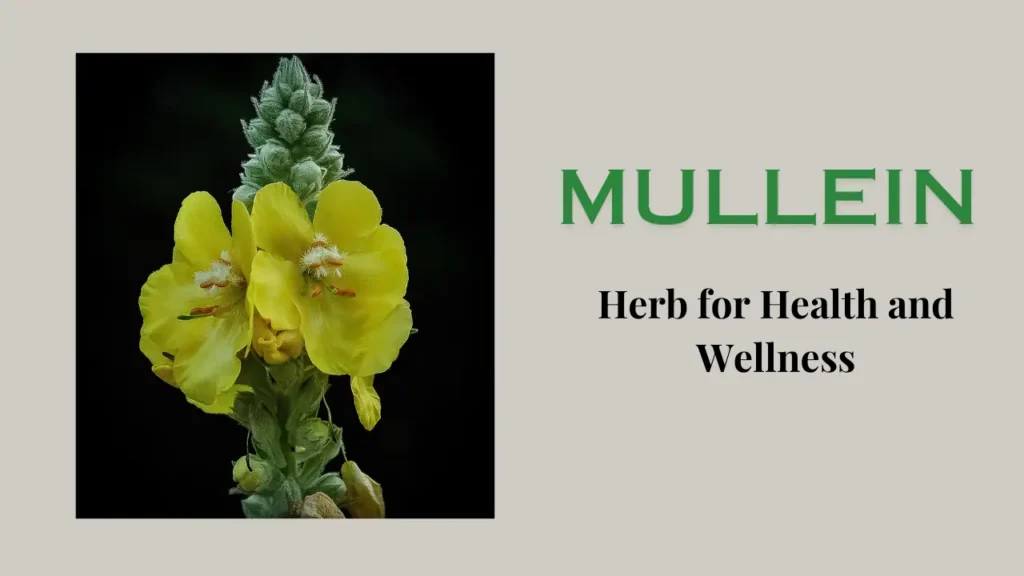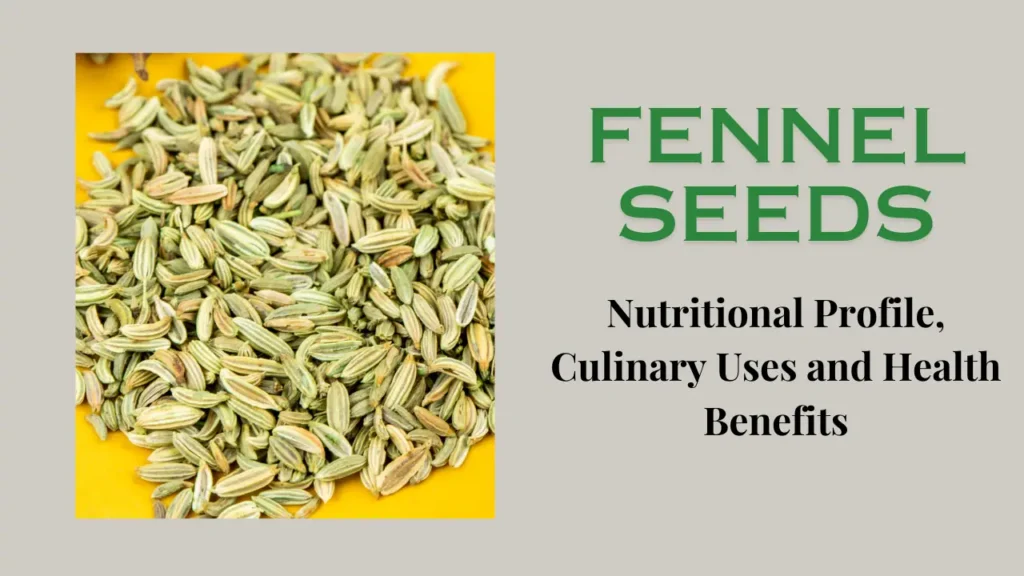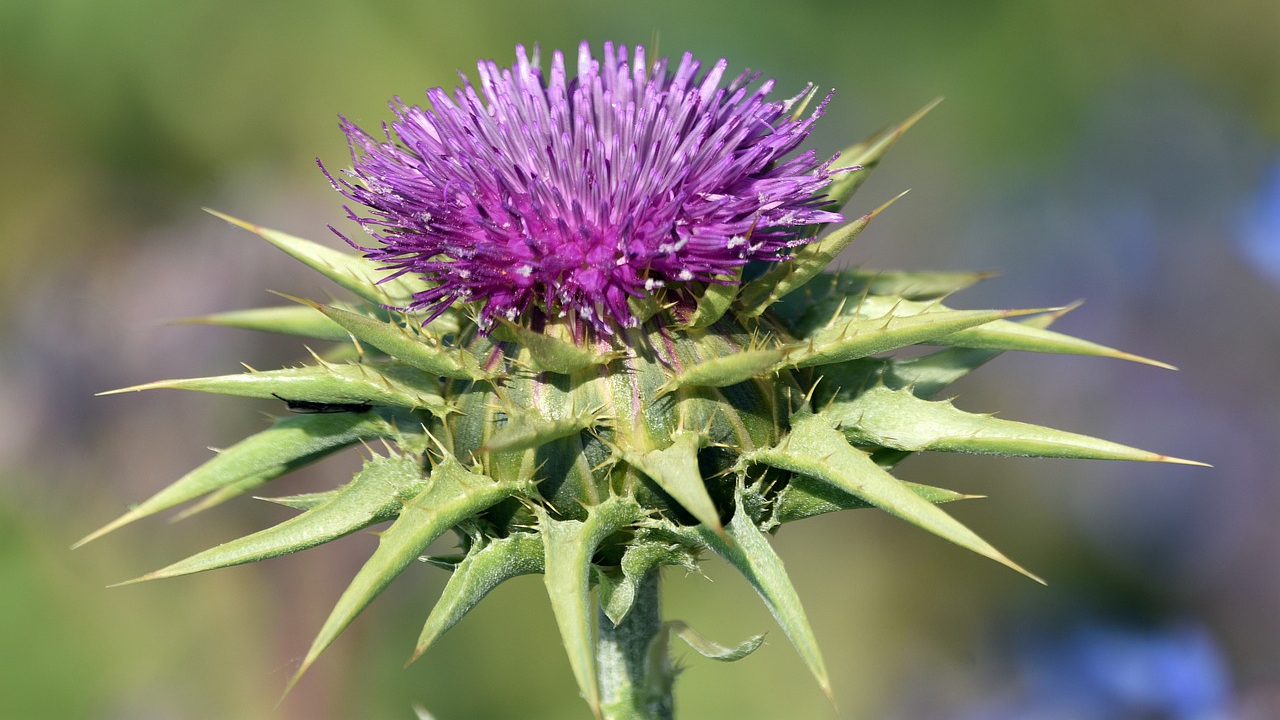
Origins and History of Milk Thistle
A. Ancient usage
- Milk thistle has a rich history in traditional medicine, dating back to ancient Greece and Rome. This plant is known for its medicinal properties and is commonly used to treat various diseases, especially liver-related conditions.
- Ancient physicians recognized its ability to aid liver health and recommended its use to promote overall well-being.
B. A member of the daisy family
- Milk thistle, scientifically known as Silybum marianum, is a flowering herb that belongs to the Asteraceae family.
- It is characterized by its thorny leaves, purple flowers, and milky white veins, from which it takes its name. This plant is native to the Mediterranean region, where it has been cultivated and used for centuries.
Read Also: Saw palmetto
C. Native to the Mediterranean region
- It is native to Mediterranean countries such as Italy, Greece, and Türkiye. It thrives in warm climates and well-drained soils.
- Due to its popularity and recognition as a valuable medicinal plant, milk thistle cultivation has expanded throughout the world, including areas in North America, South America, and Asia.
Major components and mechanism of action
A. Silymarin
- Milk thistle owes its medicinal properties to a group of active compounds known as silymarin. It is a complex mixture of flavonolignans, including silibinin, silychristin, and silydianin.
- These compounds are potent antioxidants that help protect liver cells from damage caused by toxins, free radicals, and oxidative stress.
B. Liver protection
- One of the primary benefits of this herb is its ability to support liver health. Silymarin stimulates the production of new liver cells, a process known as liver regeneration, which is crucial for individuals with liver diseases such as cirrhosis or hepatitis.
- Additionally, silymarin helps to prevent the entry of toxins into liver cells, thereby safeguarding the liver against damage caused by alcohol consumption, medications, and environmental toxins.
C. Anti-inflammatory effects
- Milk thistle exhibits notable anti-inflammatory properties, which can contribute to its beneficial effects on various health conditions.
- Chronic inflammation is associated with numerous diseases, including liver diseases and skin conditions. By reducing inflammation, milk thistle may alleviate symptoms and promote healing.
Health Benefits of Milk Thistle
A. Liver Health
i. Detoxification support
- It aids the detoxification process by promoting the removal of harmful toxins from the liver. It enhances the liver’s ability to metabolize and eliminate toxins, protecting liver cells from damage and supporting its overall function.
ii. Liver regeneration
- The liver has an incredible capacity to regenerate, and milk thistle plays a crucial role in this process. Silymarin stimulates the production of new liver cells, replacing damaged cells and promoting liver tissue repair.
- This regenerative ability is especially beneficial for individuals with liver diseases, as it helps restore optimal liver function.
iii. Protective effects
- This protection is especially relevant for people who consume alcohol, take medications, or are exposed to environmental toxins that can negatively impact liver health.
B. Skin Health
i. Acne treatment
- Milk thistle’s antioxidant and anti-inflammatory properties may help reduce acne breakouts and improve skin appearance.
- By reducing inflammation and neutralizing free radicals, milk thistle may help reduce acne symptoms and promote clear skin.
ii. Anti-aging benefits
- The antioxidant content of milk thistle can combat oxidative stress, a major contributor to premature aging.
- By neutralizing free radicals and reducing oxidative damage, milk thistle may help reduce the appearance of wrinkles, fine lines, and age spots, leading to a more youthful-looking complexion.
iii. Skin conditions
- It has shown promise in managing various skin conditions, including psoriasis and eczema.
- The anti-inflammatory properties of milk thistle help soothe irritated skin, reduce redness, and alleviate itching. Additionally, its antioxidant activity supports overall skin health and promotes rapid healing of skin wounds.
C. Cholesterol Management
i. Lowering LDL cholesterol
- Studies suggest that milk thistle may help reduce LDL cholesterol levels, commonly referred to as “bad” cholesterol, in individuals with high cholesterol.
- The active compound, silymarin, is believed to inhibit cholesterol synthesis and enhance its elimination from the body, contributing to improved lipid profiles.
iii. Increasing HDL cholesterol
- It also increases levels of HDL cholesterol, often called “good” cholesterol. High levels of HDL cholesterol increase the risk of heart disease. Additionally, by promoting the production and transport of cholesterol, milk thistle has a positive effect on heart health.
How to Incorporate Milk Thistle into Your Routine
1. Herbal supplements
- It is commonly available as a standardized extract, capsule, or tincture. Which you can easily include in your daily routine. But while purchasing it, ensure its purity and potency and buy it from reputed sources only.
2. Dosage considerations
- The appropriate dosage of milk thistle may vary depending on individual factors and specific health conditions. Therefore it is advisable to consult a health care professional, such as a naturopath or herbalist, to determine its dosage.
3. Possible side effects and precautions
- Milk thistle is generally considered safe and well-tolerated. However, some individuals may experience mild digestive issues such as stomach upset, bloating, or diarrhea.
- If you have any existing medical conditions or are taking medications, it is crucial to inform your healthcare provider about your intention to incorporate milk thistle into your routine. This will help prevent any potential interactions or adverse effects.
Conclusion
Milk thistle is a natural remedy with a long history of use in traditional medicine. From supporting liver function and promoting skin health to managing cholesterol levels, milk thistle offers a wide range of potential health benefits. However, individual responses may vary, and it is essential to consult with a healthcare professional before incorporating any new supplement into your routine.
Although this herb has liver-protective properties, it is not a guaranteed cure for liver damage. Its main active ingredient, silymarin, acts as an antioxidant and helps protect liver cells from harmful toxins and inflammation. However, it is necessary to remember that the effectiveness of this herb depends on the cause and severity of the liver damage. This non-alcohol may provide some degree of benefit for conditions like fatty liver and mild hepatitis, but always consult a doctor before using it for serious liver diseases.
Unfortunately, there is no definite answer to this question. The time it takes to see its potential benefits depends on individual factors such as the condition, dosage, and overall health. Some studies suggest that benefits may appear after several weeks or months of consistent use. Remember, this is not meant to be a quick fix.
Some anecdotal evidence suggests a possible connection between milk thistle and hair growth, but scientific research does not conclusively support this claim. While silymarin has antioxidant properties that may theoretically benefit hair health. More studies are needed to establish a clear relationship. If you are experiencing hair loss, consult a dermatologist.
The concept of “liver cleansing” is often confusing and lacks scientific support. It does not detoxify the liver the way some people think. However, its antioxidant and anti-inflammatory properties help protect liver cells from damage caused by environmental toxins and free radicals. This, in turn, indirectly aids the liver’s natural detoxification processes.
In general, It is safe for most individuals when taken in recommended doses. However, be sure to consult a doctor before starting any new supplements. Especially if you have a health problem, are taking medications, or are pregnant or breastfeeding. Your doctor can advise on appropriate dosage and possible interactions with other medications.
Disclaimer: This information is for educational purposes only and should not be construed as medical advice. Please consult a qualified healthcare professional for personalized recommendations.

